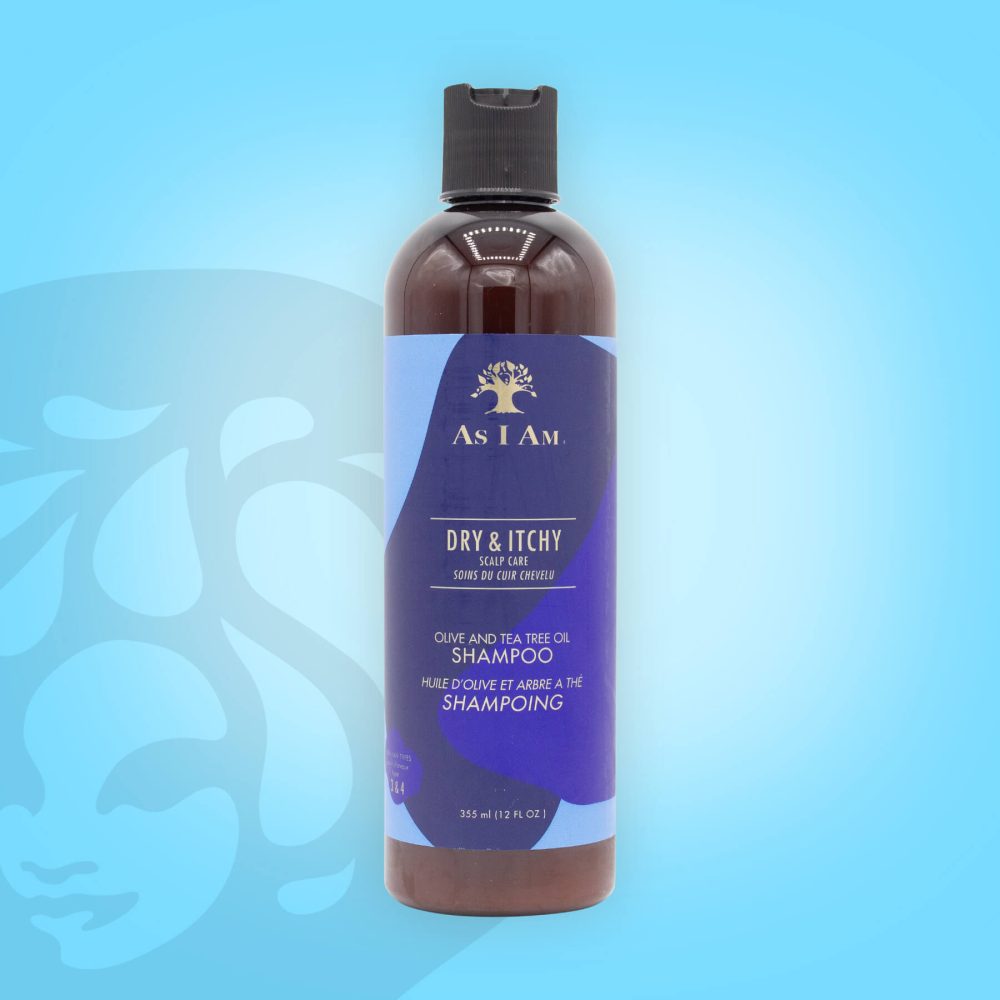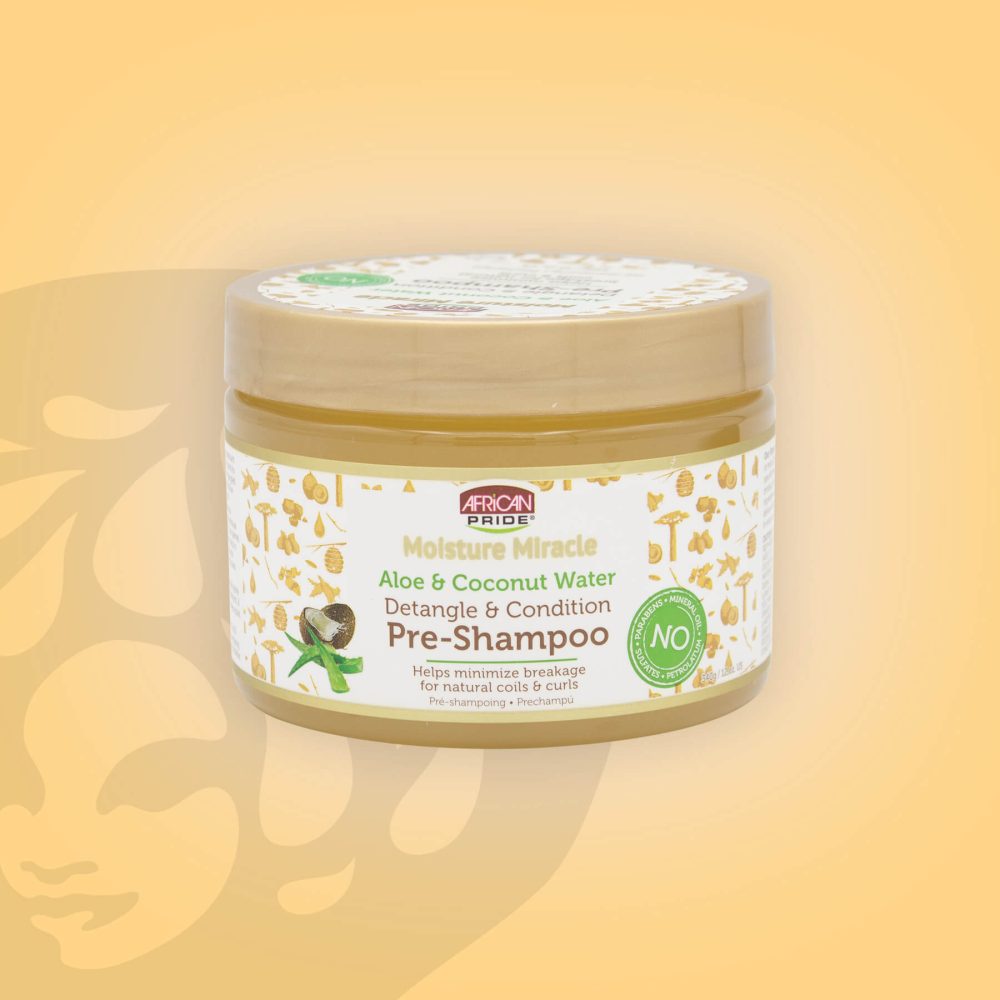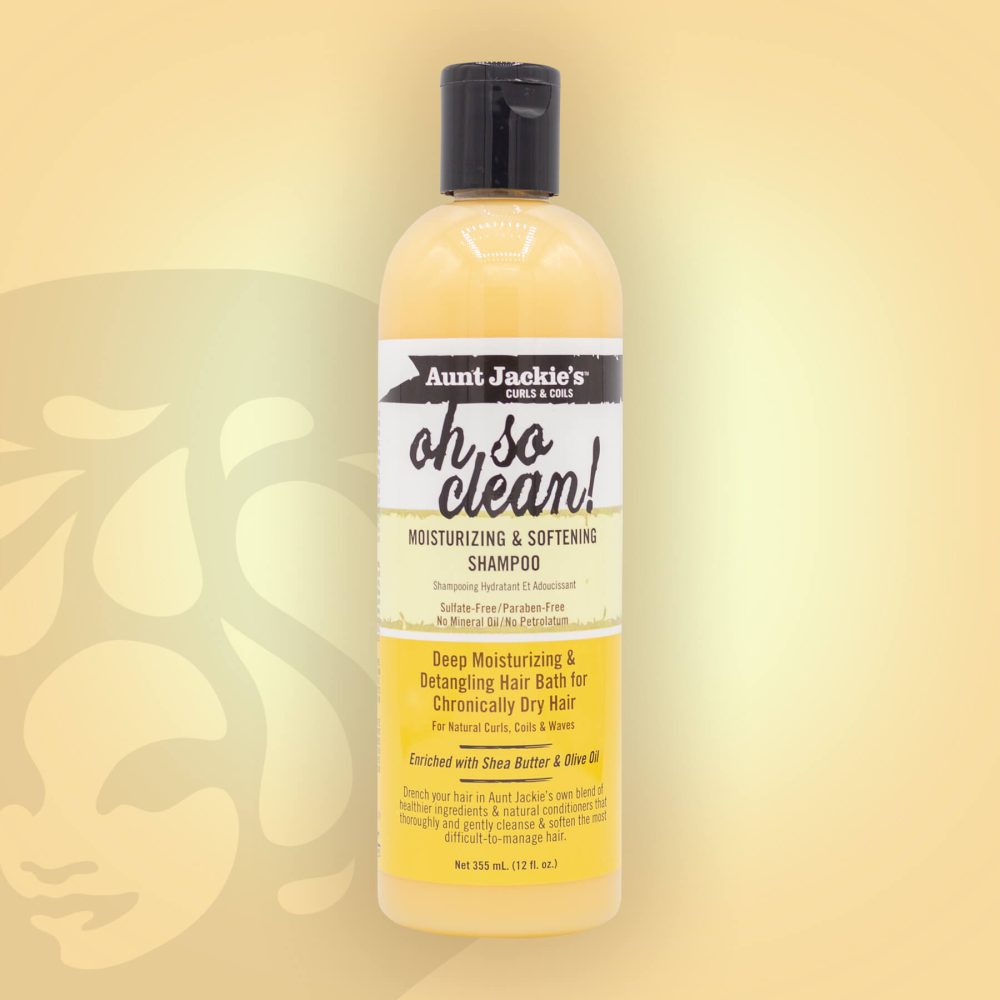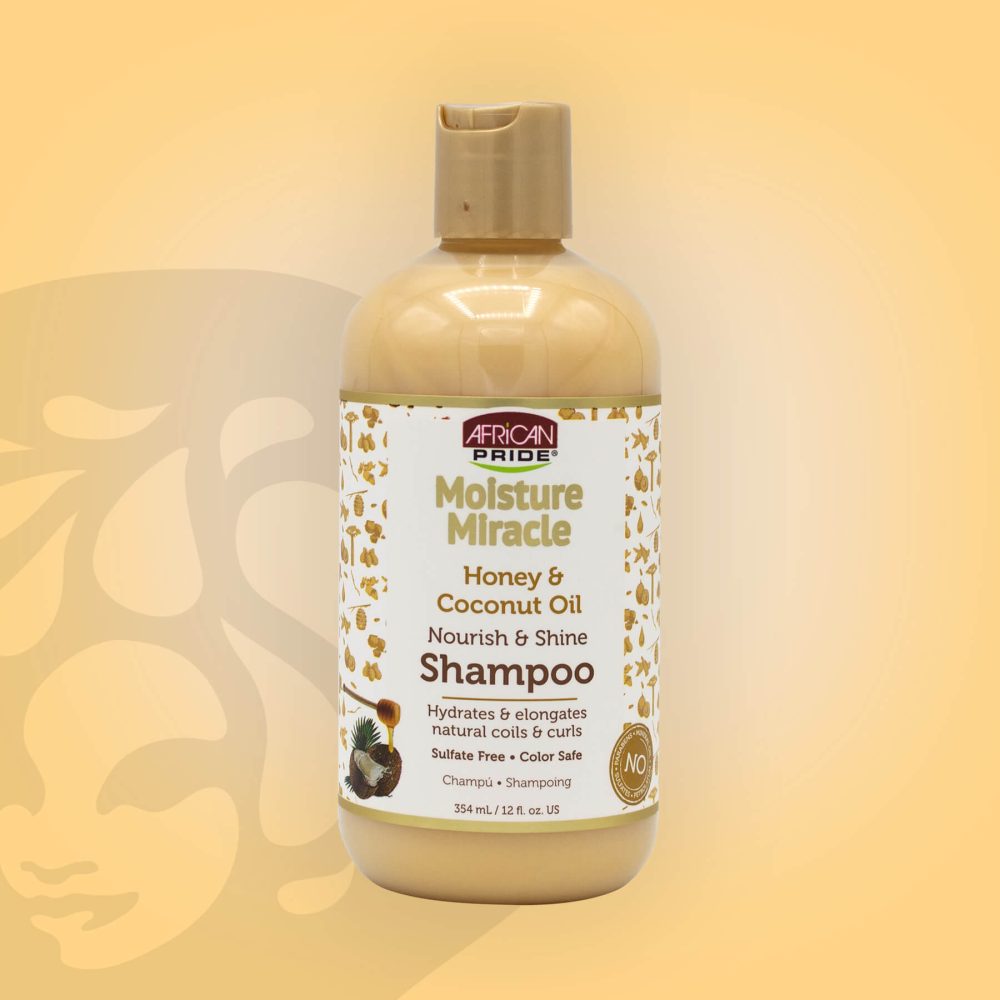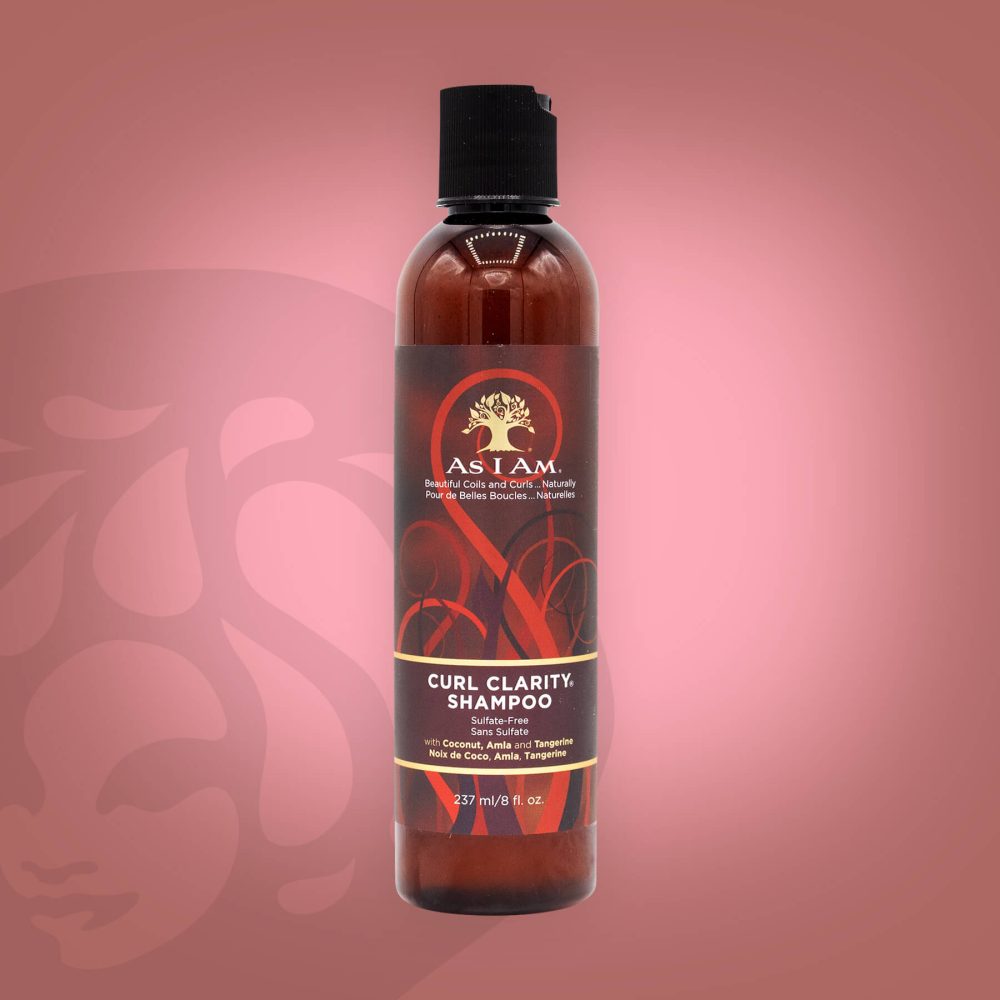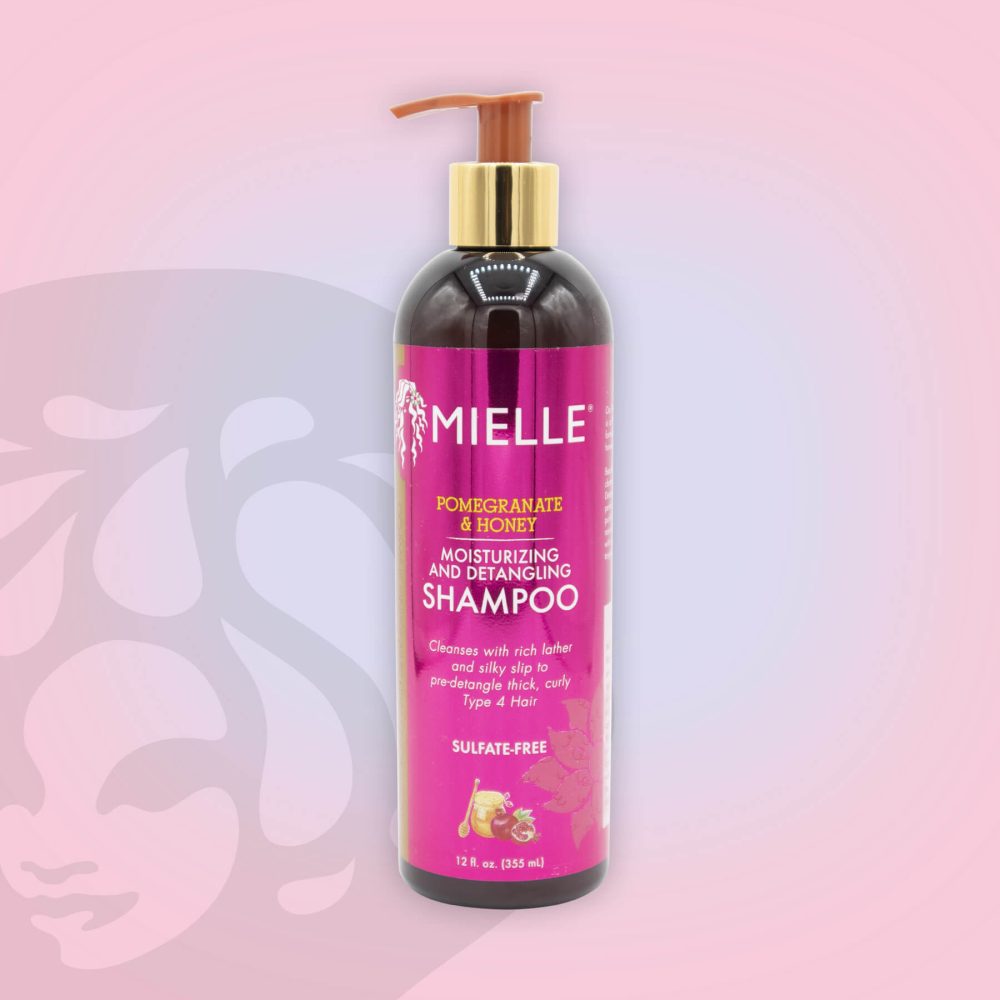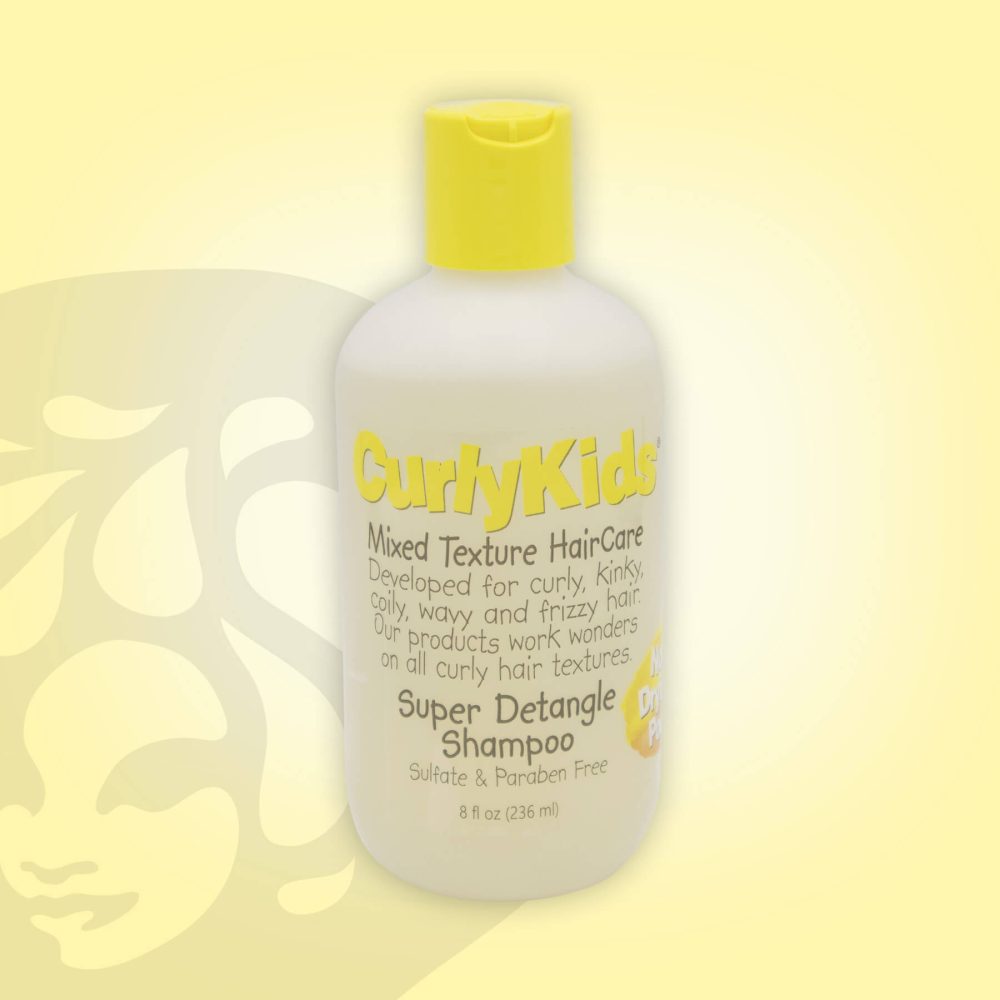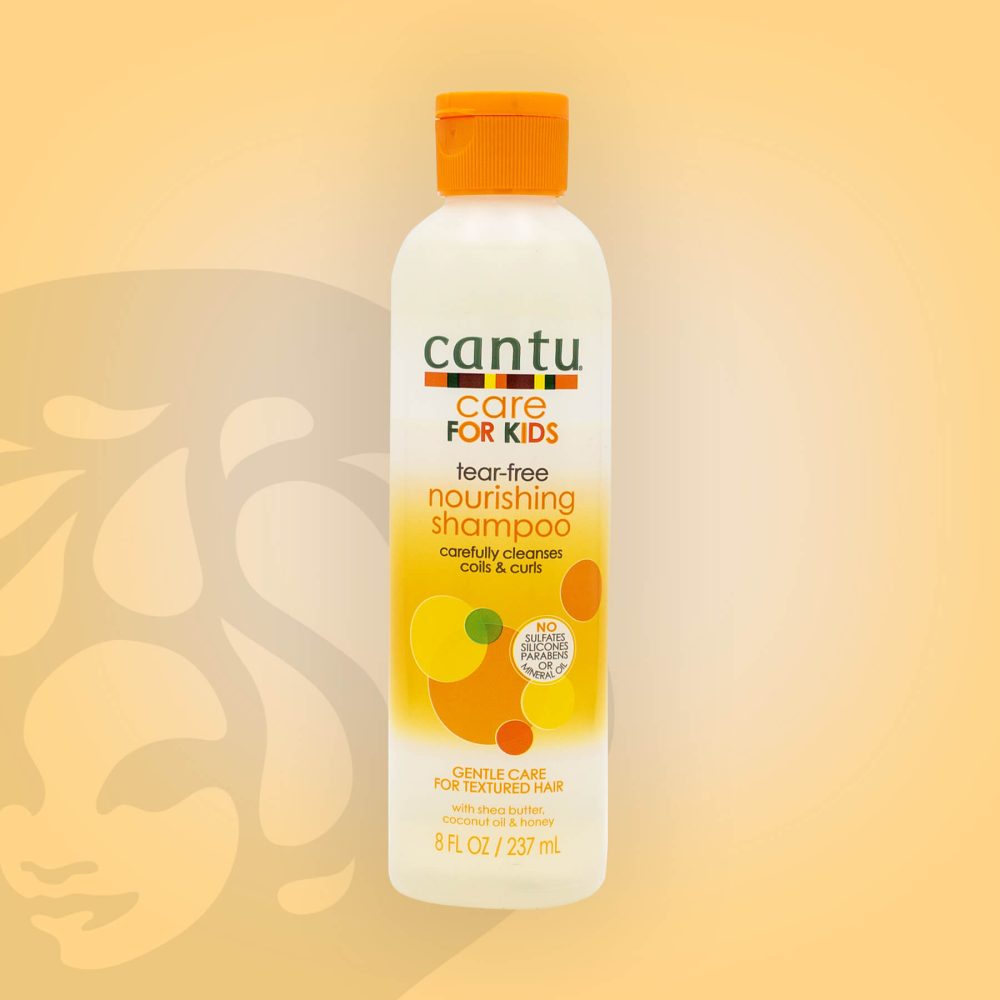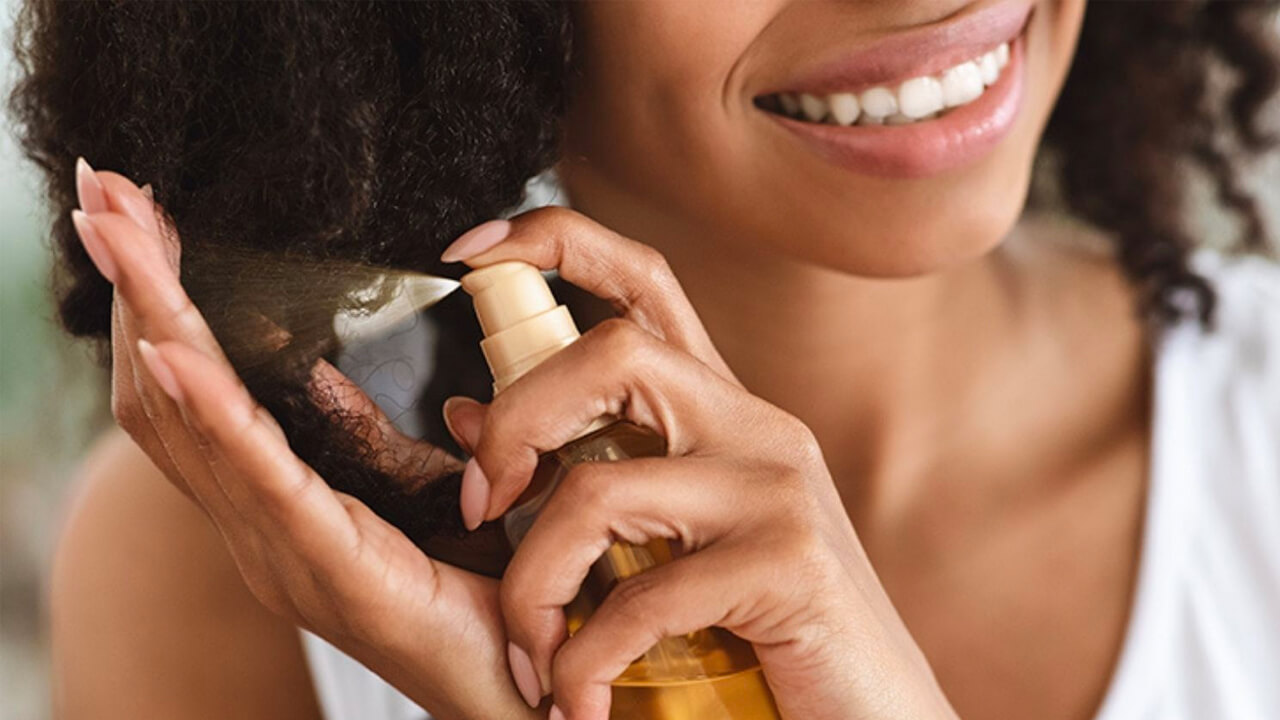Although I’m pretty sure that you get the general concept of what a hair follicle is, because this entire piece is devoted to how to take good (or better) care of them, I thought it would be wise to share the Reader’s Digest version of what they are — just so we’re all on the same page.
Basically, a hair follicle is a tiny tunnel-shaped tube; at the bottom of each tube, hair begins to grow. During the growing cycle, there are three phases: anagen (where hair starts the growing process; this typically takes between 3-7 years), catagen (where the growing process slows down; this lasts for 2-4 months) and telogen (where the hair sheds and a new cycle begins).
Taking care of your follicles throughout these phases are crucial if you want long healthy hair. It’s also worth noting that the shape of your hair follicles is what help to determine the type and texture of your hair as well as the colour.
And, because each hair follicle is unique, this is why you can end up with several different textures of hair all over your head.
OK, so now that you’ve got a bit of a technical idea of what they are, let’s get into some of the ways that you can care for your follicles, so that your hair can truly flourish…starting right now.
Clarify Your Hair
While I’m personally not a fan of shampoos that contain sulfates (cleansing agents that give shampoos the “sudsy” effect) because they can strip your hair of the moisture that it needs, there are times when they can be helpful.
If you’ve got a lot of product build-up, you sense that the pH balance of your scalp is off (like it’s dry, itchy or irritated) or you struggle with some form of scalp irritation, it can be beneficial to use a shampoo that has sulfates in it in order to bring your scalp some relief and to get the “gunk” out of your hair — and yes, all of this can benefit your hair follicles in the long run.
Our top selling shampoo for natural hair
As I Am Dry & Itchy Scalp Care Dandruff Shampoo
£9.99Our fave anti-dandruff shampoo for natural hair, simple! Curly Girl Method approved, loaded with tea tree oil (which is a natural antiseptic) and is great at tackling an itchy and dry scalp; particularly dandruff. It also smells great with a really refreshing and invigorating tea-tree fragrance. Boom!
African Pride Moisture Miracle Aloe & Coconut Pre-Shampoo
£5.99This drop has got slip for days! Perfect for detangling prior to washing. Loaded with aloe vera and coconut water to help hydrate and reduce moisture loss from washing and it’s an absolute bargain! Buy this one before another naturalista does.
Aunt Jackie’s Oh So Clean Moisturising Shampoo
£5.99This shampoo from Aunt Jackie’s makes dry hair a distant memory! Perfect for softening hair, taming that flyaway frizz, reducing shrinkage and untangling even the most stubborn knots. The secret formula is loaded with all the good stuff and the shea butter, extra virgin olive oil and coconut oil combo smells good enough to eat. Making friends with Aunt Jackie is the secret to hair that turns heads.
African Pride Moisture Miracle Honey & Coconut Oil Shampoo
£5.99Great sulfate-free lather, rids your hair of build-up and dirt yet leaves it clean but not stripped. It smells amazing and it leaves our hair perfectly moisturised – This shampoo is the one!
As I Am Classic Curl Clarity Shampoo
£9.99Ditches the dull tresses and brings on that natural, healthy shine! This drop from As I Am gently cleanses natural hair and gets rid of build-up and impurities that weigh you down. Ain’t no-one got time for that. A must-have for every naturalista who loves light and clean hair that retains the right amount of moisture.
Mielle Organics Pomegranate & Honey Shampoo
£11.99A shampoo with slip? You better believe it! Put simply it’s the ultimate shampoo for type 4 curlistas! Loaded with honey; a natural humectant to really moisturise and hydrate hair; plus it smells great too!
Curly Kids Super Detangle Shampoo
£5.99Super detangle to the rescue! If your kid has a head full of bouncy curls and coils, chances are you’ve lost a comb or two to their wild locks. Most shampoos for children aren’t formulated with natural, textured hair in mind, but this one is! With all the usual benefits of a kids shampoo plus amazing detangling perks, this is the shampoo to whip out at bathtime!
Cantu Kids Tear-Free Nourishing Shampoo
£4.99Gentle yet effective and tear-free – this is a winner! Perfect for wriggly kids who can get shampoo in their eyes, the deeply nourishing formula is easy on and easy to rinse off. It does the job in a jiffy and makes washing hair less traumatic for little ones – and mom and dad. That’s two big thumbs up from us!
Personally, I prefer to go another route and that’s to use an apple cider rinse. It contains antimicrobial properties, it’s gentler on your hair, it’s a solid moisturising agent, it can add sheen to your hair, and it’s proven to strengthen your tresses over time.
For tips on how to make an effective apple cider mixture, Jayla Sherell (here) and Kimberly Cherrell (here) are two YouTube channels that can totally help you out.
Exfoliate Your Scalp
Speaking of clarifying, it’s going to be pretty difficult for your hair to thrive if there’s a ton of stuff on your scalp. That’s why it’s also a good idea to exfoliate your scalp on a monthly basis.
It can also get rid of product build-up, decrease dandruff flakes, balance out the sebum on your scalp and relieve dry scalp issues.
Two of the easiest recipes to exfoliate your scalp include one that contains aspirin and another that has brown sugar in it. A mixture of crushed aspirin and warm water will give your scalp a dose of salicylic acid which can help to soothe dandruff and seborrheic dermatitis. Brown sugar is a natural humectant; this means that while the “mild grit” of the sugar can help to get debris off of your scalp, it also has properties in it that can draw moisture from the air to your hair and scalp, so that that both remain moisturised. If you’d like to try out this method, YouTuber Curlelia has a recipe that I’m sure that you’ll enjoy. You can check it out here.
Treat Yourself to Weekly Scalp Massages
While we’re still talking about your scalp, a scalp massage ain’t never hurt nobody either. It decreases stress. It stimulates sebum development, so that your scalp remains well-moisturized. It also helps to strengthen your hair follicles.
So, while you’re decompressing for the day, warm up a blend of ¼ cup of coconut (the lauric acid in it can help to reduce scalp infections), avocado (it protects your scalp from UV damage) or grapeseed (restores scalp moisture) oil, add 5-7 drops of a favourite-scented essential oil and the use your fingertips or a scalp massager to pamper your hair follicles. It’s time well-spent.
Stop Using Hot Water
Yes, there is nothing more soothing than hot water running down your scalp. Problem is, not only can it dehydrate your hair and scalp over time, it also can trigger inflammation which can weaken and damage your hair follicles (neither of which are good).
That’s why it really is best to wash your hair in lukewarm water and then seal your cuticles with a cool water rinse. Try it. You just might like it more than you thought that you would.
Give Yourself Protein Treatments
Your hair is made up of mostly protein (keratin), so it makes sense that you would need to give yourself a protein treatment from time to time (every 4-6 weeks is wise). And just what are some signs that your hair needs one?
If you’ve got high porosity hair, if you’ve recently applied a permanent dye, if your hair has lost its elasticity, hasn’t been able to hold a style and/or it feels on the “gummy” side, a protein treatment can probably begin the healing process of all of this.
As far as your hair follicles go, protein treatments are beneficial because they attach to your hair follicles and create a protective barrier around the cuticle of your strands. Some of the best treatments for natural hair include ApHogee Keratin 2 Minute Reconstructor (upkeep) and Nexxus Emergencee (if your hair is extremely damaged).
Ease Up on Chemicals
Some of the main things that can result in hair follicle damage are viruses, bacteria and fungi; however, don’t underestimate what chemicals (especially ones like bleach, ammonia, hydrogen peroxide and sodium hydroxide) can do to them as well.
The reason why is because, while your hair follicles are strong, in some ways, they are quite fragile too and anything that results in constant inflammation and irritation to your scalp can weaken them; that can result in excessive hair shedding, hair loss and even follicles that end up being permanently damaged. So, if you’ve been looking for a solid reason to finally go (or stay) natural, this is definitely a solid one to consider.
Take a Multivitamin
While it’s still a bit of a debate on whether or not multivitamins are as effective as we once thought that they were, I’m someone who can definitely tell the difference when I don’t take mine.
And since the entire purpose of taking one is to “back up your system” with vitamins and minerals that your body may not be receiving from your diet alone, I definitely couldn’t do an article like this without mentioning multivitamins considering your hair follicles need lots of nutrients in order to remain in great shape.
Because vitamins C and D are common deficiencies within the Black community and these both can affect your hair follicles’ health (Vitamin C helps to produce the protein collagen and Vitamin D helps to prevent hair loss), make sure to go with a quality brand that contains plenty of both.
Movita Organics is a Black-owned women’s multivitamin brand that is worth trying out. You can read more about it here.
Apply Some Rosemary Oil
Hands down, one of my absolute favourite essential oils for my hair is rosemary oil. It contains anti-inflammatory properties, it helps to increase blood circulation to your scalp (which means your hair follicles will receive nutrients quicker), and it’s even been known to stop hair loss when used on a consistent basis.
There are all kinds of ways that you can apply it — mix it with a carrier oil, put it to your fingertips and give yourself a scalp massage; pour about 10 drops of it into your shampoo bottle and wash with it, or if you like to “oil your scalp” from time to time, blend it with sweet almond (it will deeply hydrate your scalp) or jojoba oil (it can help to strengthen your hair over time) can be super relaxing. Whatever method will nourish your hair follicles and benefit your hair overall. It’s something that I personally can vouch for!
